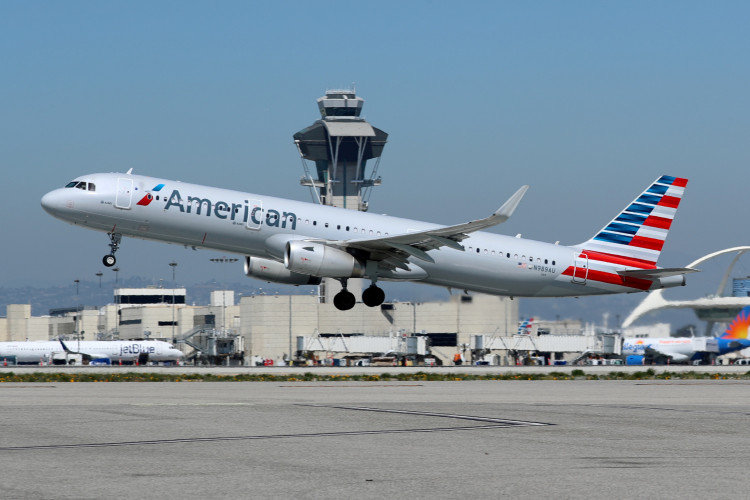American Airlines is in discussions to name Citigroup as its exclusive credit card partner, a move that could end a decade-long partnership with Barclays, according to CNBC. The negotiations come as the airline seeks to consolidate its co-branded credit card business to enhance the profitability of its loyalty program, a vital revenue stream for the airline.
While talks are ongoing, no formal agreement has been reached, and the deal remains subject to regulatory approval. The discussions are confidential, and sources caution that the outcome could be delayed or altered depending on U.S. regulatory agencies, including the Department of Transportation. Should the deal with Citigroup proceed, it would mark a significant shift in American Airlines' long-standing strategy of working with multiple card issuers.
The decision to pursue an exclusive deal with Citigroup signals American's intent to boost revenues from its loyalty program, AAdvantage, by streamlining operations and focusing on a single banking partner. Credit card partnerships have become increasingly important for airlines, offering billions in revenue even during periods when air travel demand has faltered, such as the COVID-19 pandemic. For American Airlines, a more concentrated partnership with Citigroup could lead to better coordination and increased financial returns from the loyalty program.
"Airlines rely on card programs to stay afloat, earning billions of dollars a year from banks in exchange for miles that customers earn when they use their cards," noted a source close to the negotiations. "Citigroup offers American a stronger foothold, given their existing customer base and lower default rates compared to Barclays."
American Airlines' loyalty program has been outperformed by rivals such as Delta Air Lines, whose partnership with American Express generated nearly $7 billion in 2022. In contrast, American earned $5.2 billion from its partnerships with Citigroup and Barclays during the same period. Consolidating its credit card operations under one issuer is seen as a strategic move to close this gap and extract more value from the AAdvantage program.
In 2013, following American's merger with US Airways, the airline entered into an unusual partnership with both Citigroup and Barclays. The banks were given separate marketing channels, with Citigroup promoting cards online and through airport lounges, while Barclays was limited to in-flight promotions. This dual arrangement was renewed in 2016, but the current talks suggest American Airlines is ready to simplify its structure by going with a single issuer.
Citigroup, led by CEO Jane Fraser since 2021, is in a strong position to win this exclusive deal. Citigroup's cardholders, according to insiders, tend to have higher spending patterns and lower default rates, making the bank a more profitable partner for American Airlines. A new deal would likely span seven to 10 years, giving Citigroup time to recoup the costs of absorbing Barclays customers and making necessary investments.
The shift aligns with Fraser's broader strategy of making Citigroup a dominant player in high-value co-branded partnerships. "We are always actively working with our partners, including American Airlines, to look for ways to jointly enhance customer products and drive shared value and growth," a Citigroup spokesperson told CNBC.
For Barclays, losing the American Airlines account would signal a shift in its own strategy. Earlier this year, Barclays executives indicated plans to diversify away from airline co-branded cards, focusing instead on partnerships with retailers and tech companies. The British bank has been facing rising card losses and increased scrutiny from regulators, which have tightened profit margins in the competitive credit card market.
Barclays has declined to comment on the potential end of its partnership with American Airlines. However, industry insiders note that the bank had been relegated to less prominent marketing avenues, such as in-flight card promotions, in contrast to Citigroup's more lucrative marketing channels.






